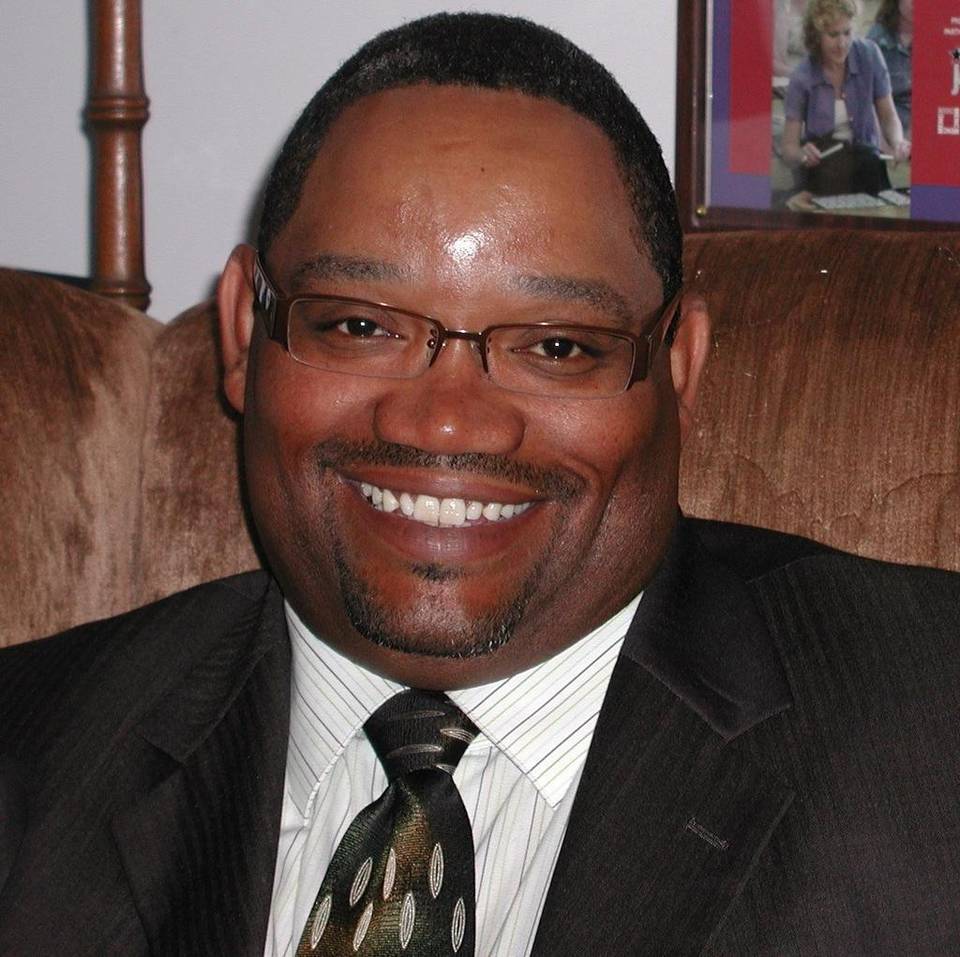
BY MIKE HENDRICKS
At a time when city officials are exerting more influence to re-energize Kansas City’s sleepy jazz district, the chief executive of the city-owned American Jazz Museum appears to be on his way out for reasons unknown.
Museum board members who once voiced support for Greg Carroll refused this week to publicly discuss whether he will be keeping the position he has held since 2007.
City Manager Troy Schulte also refused comment.
Meanwhile, multiple sources with ties to the museum and the tight-knit Kansas City jazz community said they’ve heard Carroll is being forced out of his $128,750-a-year job of running one of the signature institutions in the historic 18th & Vine Jazz District.
“We all have heard, a change over there has taken place,” said Chester Thompson, head of the Black Economic Union, one of the other big players in the 18th & Vine Jazz District.
Carroll did not respond to requests for comment. Speaking for the board, chairman C.S. “Trey” Runnion III would say only that Carroll was an employee as of that particular moment when he was speaking with a reporter. But he declined to say whether Carroll would be in the job beyond that.
“The future is difficult for any of us to put our arm around,” he said, calling Carroll’s situation a personnel issue.
The situation at the jazz museum comes in the context of an even bigger proposed leadership change in the district, one that has recently hit an impasse.
The main agency that oversaw much of the commercial real estate development on either side of the museum complex since the late 1990s, the Jazz District Redevelopment Corp. (JDRC), had been set to transfer its property holdings by now to city ownership.
The idea was that City Hall had more resources than JDRC to market the properties, many of which are vacant or leased to tenants that don’t get much foot traffic in an area that could use more of it.
However, the city takeover has stalled due to unforeseen tax issues. Nearly a year after the City Council approved creation of a policy committee to oversee those transfers, no one has been appointed to serve on it.
“The city and JDRC are understandably frustrated that it is taking this long to get through the property transfer,” said Senior City Planner Claude Page.
Not only has the redevelopment corporation been unable to fill all the storefronts it owns with tenants over the years — one restaurant location has been vacant since 2013 — now it no longer even tries due to staff cuts.
“Nobody is marketing it right now,” said Gayle Holliday, who chairs the JDRC board.
Both pending shakeups come as city officials try to foster more activity and development in a part of town that has never lived up to its promise of becoming Kansas City’s answer to Memphis’ Beale Street despite more than $70 million in public and private investment.
Even with recent setbacks, 3rd District City Councilman Jermaine Reed, a jazz district resident, believes the district and the jazz museum are poised for success.
“I think we have some new energy that will allow us to push forward on 18th and Vine,” he said.
Reed was one of seven American Jazz Museum board members contacted for this story. All refused to discuss Carroll’s status.
But Reed acknowledged that he has been one of Carroll’s harshest critics, publicly calling for his removal two years ago.
“I certainly have had some concerns over the past years over the leadership and direction of the American Jazz Museum, and I’ve been quite vocal about it,” he said. “Others share my concern as well.”
Those concerns have mostly centered on the museum’s continued heavy reliance on taxpayer dollars. The city owns the building and the museum’s collection of artifacts, including Charlie Parker’s plastic sax and more than a million feet of filmed jazz performances from the early and mid-1900s. But as originally conceived, the museum was expected to eventually become self-sufficient.
That never happened, and city subsidies continue to make up a third of the museum’s $2 million budget.
In the proposed city budget they submitted earlier this year, Schulte and Mayor Sly James attempted to force Carroll and the board to work harder at finding other funding sources. But that proposed $125,000 cut was whittled down to $60,000 after museum supporters decried the larger reduction as too much too fast.
When asked whether city officials have applied further pressure in recent months, Reed declined to comment. James did not respond to requests for comment.
Neither would Runnion answer that question, but he said “the city’s attitude is optimistic” that the museum will be able to attract more outside dollars.
“We closed the year in the black and had a good year,” he said. “Our fundraising continued to make progress.”
As CEO, Carroll has led that effort to raise cash, revamped the annual jazz festival to mixed results and overseen additional programming.
Unlike his two predecessors, Carroll came from the field of jazz music, not museum management. He plays the vibraphone and prior to this job was director of education for the International Association for Jazz Education.
In a 2013 TV interview on Time Warner Cable, the now 50-something Carroll said he saw the job as one he hoped to hold to the end of his career.
“I mentioned to the board when they brought me in,” he said, “I’d like this to be the last stop before retirement because it’s a great place and it’s a great fit.”
Read more here: http://www.kansascity.com/news/government-politics/article27440785.html#storylink=cpy



